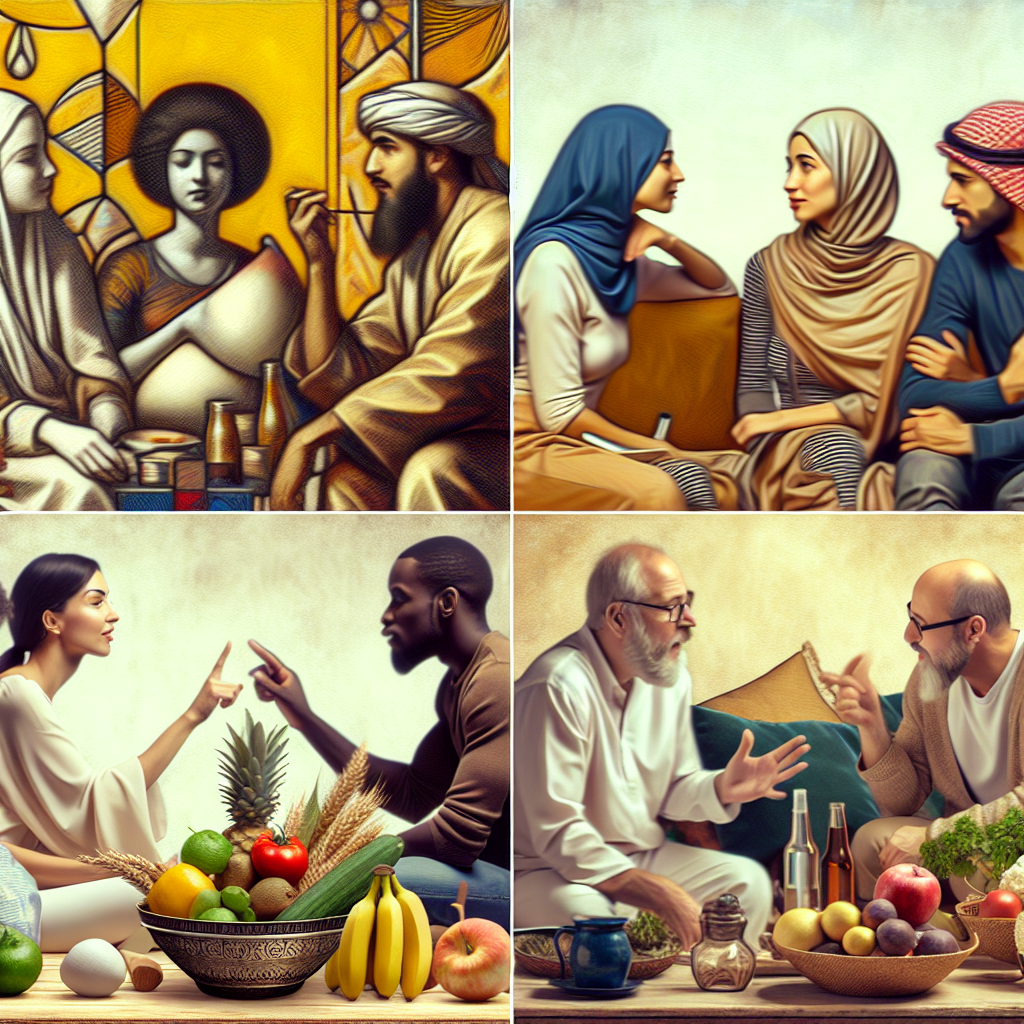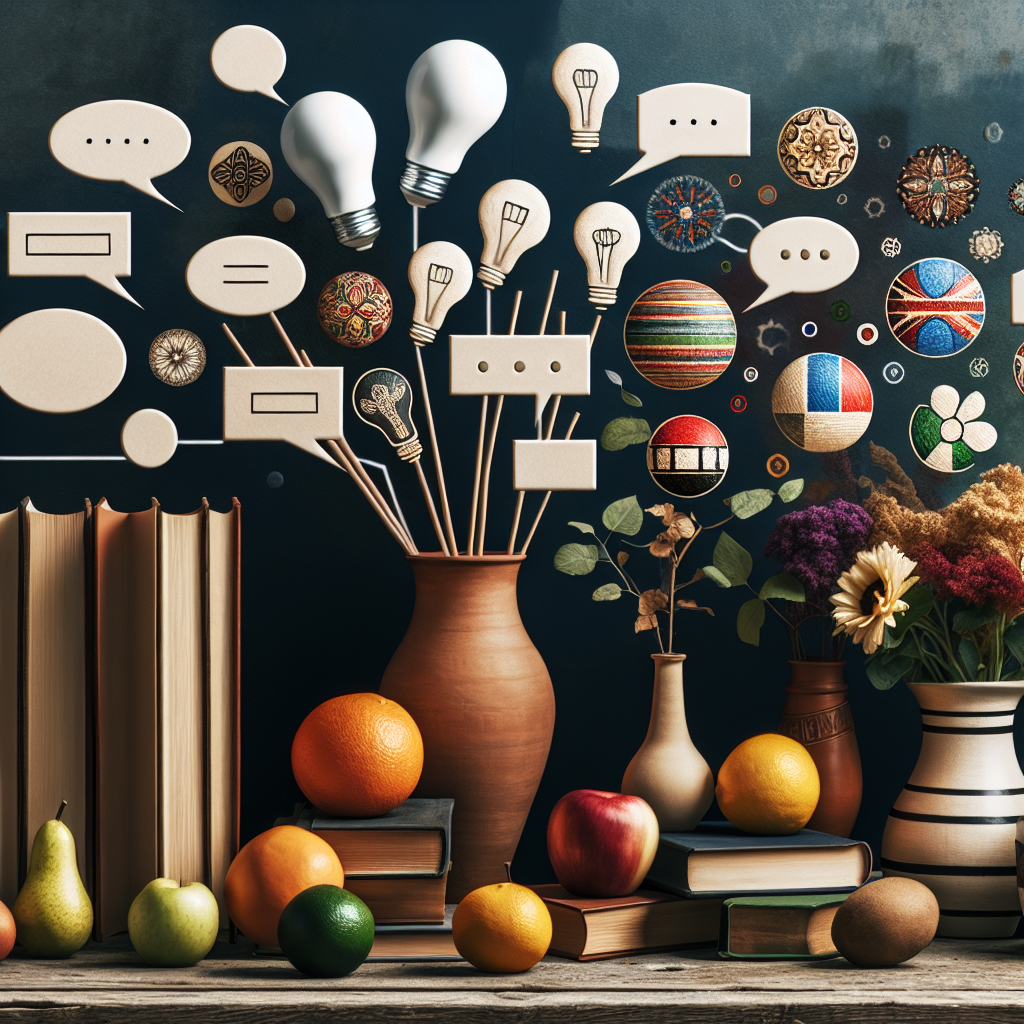Intercultural Learning: Embracing Diversity through Immersion
Intercultural learning is a vital aspect of embracing diversity through cultural immersion. It involves developing an understanding and appreciation of different cultural perspectives, values, and norms. Through immersion in diverse cultural environments, individuals can gain firsthand experience in interacting with people from various backgrounds, thus fostering an open-minded and inclusive mindset.
By engaging in intercultural learning during cultural immersions, individuals can acquire invaluable skills such as empathy, communication, and adaptability. These experiences provide opportunities to challenge assumptions, confront biases, and broaden one’s worldview. Embracing diversity through immersion fosters a sense of global citizenship and encourages individuals to become active participants in creating a more inclusive society.
Intercultural learning also plays a crucial role in breaking down stereotypes and fostering meaningful connections across cultures. It encourages individuals to seek common ground while celebrating differences, ultimately leading to a more harmonious and respectful coexistence. As a result, intercultural learning through immersion becomes a powerful tool for promoting cultural understanding, collaboration, and mutual respect.
Navigating Cultural Differences: Lessons from Immersive Experiences
Navigating Cultural Differences: Lessons from Immersive Experiences
Exploring cultural immersions can be a transformative journey that leads to a deeper understanding of diversity. One of the most valuable aspects of this exploration is the opportunity to navigate and learn from cultural differences. Immersive experiences provide unique lessons in bridging the gaps between different cultures and embracing diversity.
When engaging in cultural immersions, individuals are often confronted with unfamiliar customs, traditions, and perspectives. This exposure fosters a heightened awareness of the variations that exist across different cultures. It also encourages individuals to approach these differences with curiosity and openness rather than judgment.
Through immersive experiences, individuals learn the importance of active listening and observation as they seek to comprehend and respect cultural nuances. This heightened attentiveness enables them to navigate interactions more sensitively and effectively, ultimately fostering meaningful connections with individuals from diverse backgrounds.
Moreover, navigating cultural differences during immersive experiences often leads to the realization that there are multiple valid ways of perceiving and approaching the world. This understanding challenges individuals to critically examine their own cultural perspectives and assumptions, promoting personal growth and empathy.
In conclusion, the lessons gleaned from navigating cultural differences during immersive experiences are invaluable in promoting cross-cultural understanding and unity. By embracing these lessons, individuals can contribute to creating a more inclusive and harmonious global community.
Cultural Immersion: Unveiling the Beauty of Diversity
Cultural immersion is a transformative experience that allows individuals to gain deep insights into the beauty of diversity. It involves fully engaging with and experiencing a different culture, allowing for a greater understanding and appreciation of its customs, traditions, and way of life.
One of the key aspects of cultural immersion is the opportunity to step outside of one’s comfort zone and embrace unfamiliar ways of thinking and living. By participating in local traditions, rituals, and everyday activities, individuals can gain a profound understanding of the values and beliefs that shape a particular culture. This can lead to a greater sense of empathy and open-mindedness, as well as a newfound respect for the richness of human diversity.
Moreover, cultural immersion fosters meaningful connections with people from diverse backgrounds, breaking down barriers and fostering mutual understanding. By engaging in authentic interactions with members of the host culture, individuals can develop a sense of belonging and kinship that transcends cultural boundaries.
Overall, cultural immersion holds the power to unveil the beauty of diversity by offering a firsthand perspective of different ways of life. It encourages individuals to approach the world with curiosity and respect, paving the way for a more inclusive and harmonious global community.




